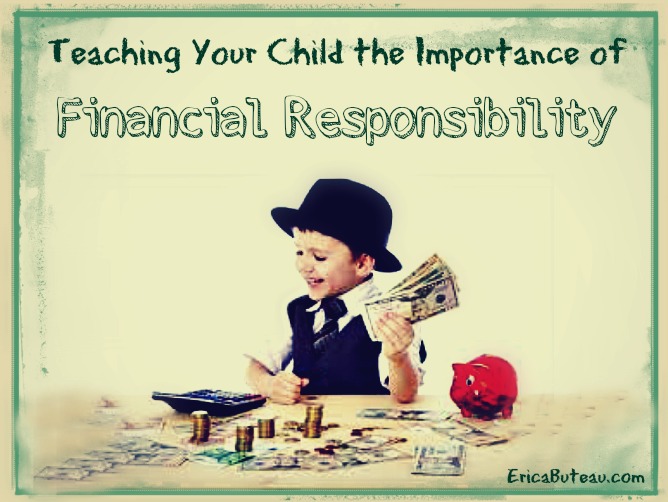
In an age when many kids are technologically savvy enough to shop using their smartphones, it’s more important than ever for parents to teach them something about financial responsibility. The world now offers a multitude of ways to spend money, which is why kids must understand that it’s also necessary to save and invest money.
Encourage Kids to Save
As soon as kids are old enough to handle money, they are old enough to start saving. Giving them an allowance can teach them something about the value of saving for items they really want. While old fashioned piggy banks are suitable for very young children, it’s good to provide kids with a real bank account when they are old enough to understand the concept. This allows them to earn interest on their money. It also places money out of their immediate grasp so they aren’t tempted to spend it immediately. Credit unions such as PenFinancial Credit Union provide a range of accounts that can be suitable for a child’s first bank account. When they get older, you can teach them about the likes of Ameripro Surety bonds and other investment options.
Teach Them the Value of Work
Parents are sometimes reluctant to pay kids for doing household chores. This is a valid concern, as kids should learn to contribute to the family without always expecting a monetary reward. At the same time, there’s nothing wrong with “hiring” your kids for special tasks. It could be anything from errand to raking leaves in the yard. This helps to instill the notion that in order to make money you have to put out some effort.
Teach Them the Value of Sharing
Sharing when it comes to money and resources is hugely important for your child’s emotional growth. The good news is there are plenty of ways you can encourage sharing from using things like this Money transfer to Jamaica to share their good fortune with overseas relatives to donating old toys and clothes. Indeed, when the kids are actively involved in these situations and they see the benefits and results of sharing it makes them much more likely to do continue to do it as they grow.
Set Up a Mini 401K
To help kids save for larger items they otherwise couldn’t afford, parents can set up a matching fund. Just as many companies will match what you invest into a 401K program, you can do something similar with your kids. If your child, for example, wants a mountain bike that costs $500, you could offer to match every dollar he or she saves up for it. This gives you a chance to help with big purchases while still teaching your kids the value of saving.
Include Kids in Discussions of Finances
Including kids in discussions involving financial matters helps them think in more mature ways about such matters. While it may not always be appropriate to discuss money issues with kids, doing so at least some of the time is a way to help them develop a realistic idea of how finances effect the whole family.

As soon as kids are old enough to understand the importance of money in everyday life, it’s time to start educating them about financial responsibility. This will help them grow up with the skills they need to manage money as adults. Do you have some additional tips? Leave them in the comments!


